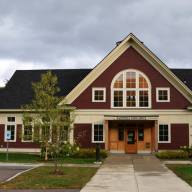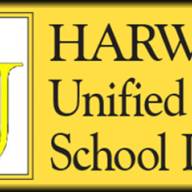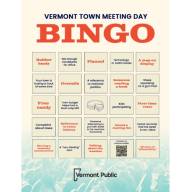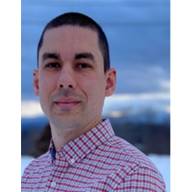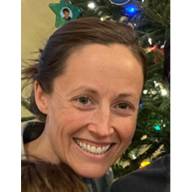Yestermorrow, Waitsfield, is preparing to launch a pilot composting program for the community this spring. Previously, Grow Compost, Moretown, processed food scraps generated by the residential campus. Since Casella Waste Management purchased Grow Compost last year, Casella has been picking up Yestermorrow’s food scraps and transporting them to a facility in Williston to be processed. Members of the Yestermorrow community began to discuss ways to keep food scraps closer to home and reduce carbon emissions associated with transporting food waste.
The plan is to process roughly 100 cubic yards of food scraps a year, which is under the limit that would require permitting. “We might be able to serve as many as 70 households” per year, Yestermorrow project manager Matt Blood said. Yestermorrow would offer a subscription of roughly $3/week to drop off up to 5 gallons of food scraps twice a week. Blood said that price is slightly cheaper than what Casella charges. Subscriptions would be available for six months or a year. The fees would cover the costs of operation, including staffing and equipment. Yestermorrow is currently in the process of purchasing a tractor to move the food scraps.
Blood anticipates producing roughly 50 cubic yards of high-quality compost in approximately nine to 12 months. Subscribers would have first dibs on the “black gold soil,” as Blood called it, which would also help meet local demand for compost. Blood mentioned that, in the beginning of the pandemic, as so many folks turned to gardening, Kenyon’s and Grow Compost had higher demand for compost than they could meet.
“This will give residents of The Valley who care about food systems a way to have a role,” Blood said. “You’re part of the process that retains food in The Valley. The idea is capturing nutrients for food scraps that might otherwise be transported from The Valley.”
Yestermorrow is planning on making this a two-year pilot project and hopes to be able to replicate it in other sites throughout The Valley to keep food scraps close to home and generate compost Valley residents can use. “I’m curious about what kind of response we get,” Blood said. “I’m still learning quite a bit. The challenge will be the financial portion.” The community compost project would also offer opportunities for education related to food systems, such as internships and local school programs.
“Yestermorrow has a long history of environmental stewardship and sustainability at its core,” Blood said. “There’s a real genuine love of learning that exists within campus. [Composting] could be a course Yestermorrow offers. There’s a history of innovation at Yestermorrow and social and environmental consciousness since the school’s inception.”
Anyone interested in learning more about Yestermorrow’s composting program can email Matt Blood at



